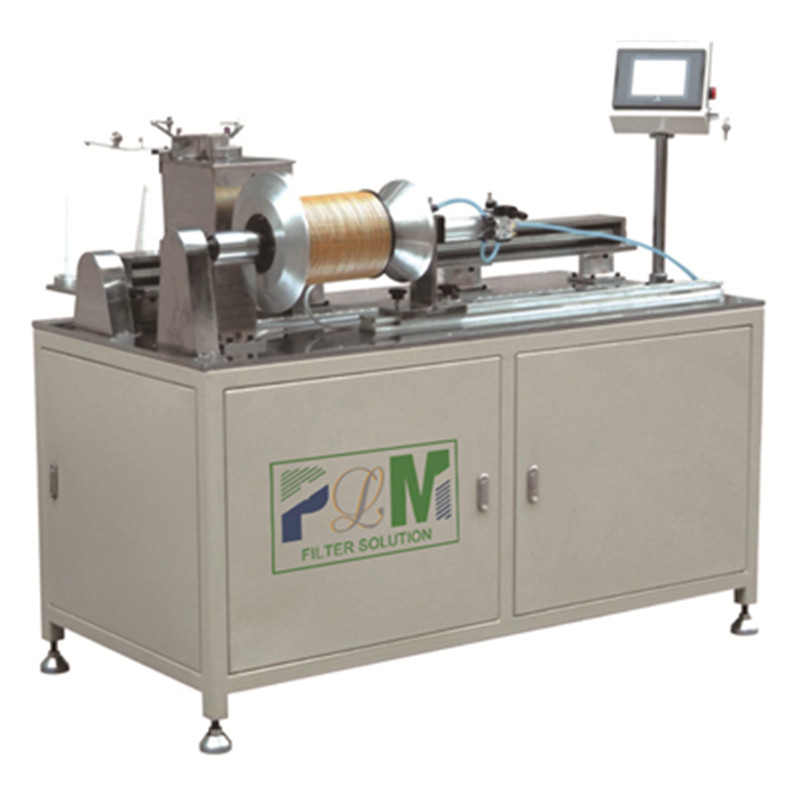Aug . 06, 2024 12:56 Back to list
Leading Manufacturer of High-Performance Ultrafine Glass Fiber Filter Materials for Various Applications
The Rise and Importance of Ultrafine Glass Fiber Filter Material Manufacturers
In today’s rapidly evolving industrial landscape, environmental concerns and stringent regulations have catalyzed the development of advanced filtration technologies. Among these, ultrafine glass fiber filter materials have gained significant traction due to their efficiency and effectiveness in various applications, including air and liquid filtration. With the increasing demand for high-performance filters, the role of ultrafine glass fiber filter material manufacturers has become more crucial than ever.
Ultrafine glass fiber is characterized by its extremely small fiber diameter, typically in the range of 0.1 to 0.5 micrometers. This remarkable property allows for a larger surface area and enhanced filtration capabilities. As a result, ultrafine glass fiber filters can capture a higher percentage of airborne particles, including dust, pollen, allergens, and even microorganisms. Their superior filtration efficiency is particularly critical in industries such as pharmaceuticals, food and beverage, and cleanroom environments, where even the smallest contaminants can compromise product quality and safety.
Manufacturers of ultrafine glass fiber filter materials employ advanced production techniques to ensure the highest quality and performance. The process often involves the use of specialized machines that produce extremely fine glass fibers, which are then treated and coated to enhance their functionality. These treatments may include chemical bonding agents that improve adhesion, durability, and resistance to high temperatures, thereby extending the filter's lifespan. Additionally, manufacturers are exploring the use of eco-friendly materials and processes, responding to the growing demand for sustainable solutions in the filtration market.
The competitive landscape among ultrafine glass fiber filter material manufacturers is significant, driven by technological advancements and innovation. Companies are investing in research and development to create new products that outperform traditional filter materials, such as cellulose or synthetic fibers. With the rise of smart technologies and automated systems, some manufacturers are also integrating these advancements into their production processes, enhancing efficiency and reducing costs.
ultrafine glass fiber filter material manufacturer

Moreover, the global market for filtration materials is expanding, fueled by stricter regulatory frameworks aimed at improving air and water quality. As nations implement more stringent pollution controls, the demand for high-performance filter media, including ultrafine glass fiber, continues to grow. This trend presents a lucrative opportunity for manufacturers who can provide innovative and reliable filtration solutions.
Sustainability is another crucial factor influencing the filtration industry. Manufacturers are increasingly adopting environmentally friendly practices, such as recycling waste materials and reducing energy consumption during production. This not only helps to minimize the environmental impact of filter production but also appeals to environmentally conscious consumers and industries, which increasingly prioritize sustainable sourcing.
The challenges faced by ultrafine glass fiber filter material manufacturers include rising raw material costs and competition from alternative filtration media. However, those who can leverage technological advancements and develop proprietary manufacturing techniques can differentiate themselves in the market. Collaborations and partnerships with research institutions can also foster innovation, leading to the development of next-generation filtration solutions.
In conclusion, ultrafine glass fiber filter material manufacturers play a pivotal role in ensuring high-quality filtration solutions that meet the needs of various industries while addressing environmental concerns. Through continuous innovation, adoption of sustainable practices, and responsiveness to market demands, these manufacturers are positioned to lead the way in advancing filtration technologies for a cleaner and healthier future. As the world continues to prioritize air quality and environmental protection, the importance of these manufacturers will only continue to grow, shaping the future of the filtration industry.
-
PLAB-6 A B Two Compounds Filter End Cap Gluing Machine - Hebei Filter Man | Precision Adhesive Application, Efficient Production
NewsAug.15,2025
-
PLAB-6 A B Two Compounds Filter End Cap Gluing Machine-Hebei Filter Man
NewsAug.15,2025
-
PLAB-6 A/B Two Compounds Filter End Cap Gluing Machine - Hebei Filter Man
NewsAug.15,2025
-
Premium Active Carbon Air Filter for Purifiers - Odor & VOC Removal
NewsAug.15,2025
-
PLAB-6 A B Filter Gluing Machine - Hebei Filter Man
NewsAug.14,2025
-
PLAB-6 A B Two Compounds Filter End Cap Gluing Machine-Hebei Filter Man Automotive Parts Trading Co., Ltd.|Adjustable Speed&Step Motor Control
NewsAug.14,2025
